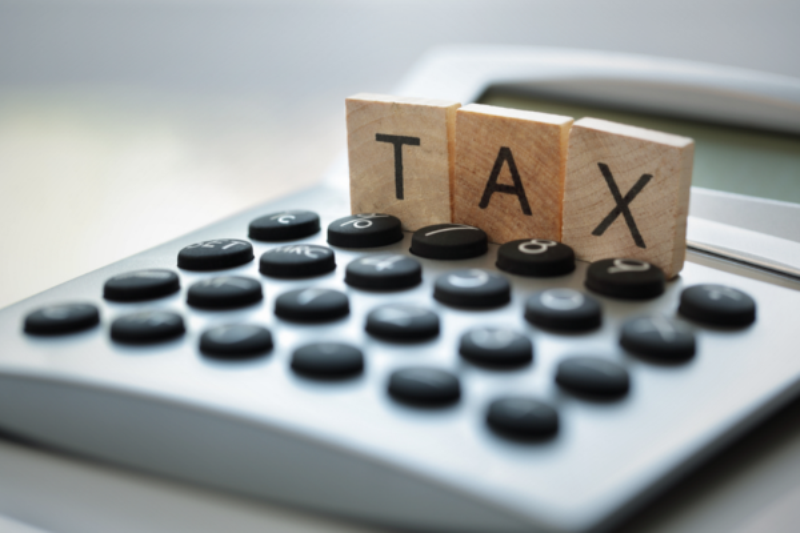- Defaulters to Pay 19% Interest on Unpaid Taxes
The Federal Government on Monday approved a new interest rate spread on tax liabilities for the 2017 fiscal period.
A statement from the Federal Ministry of Finance said the new interest rate was approved by the Minister of Finance, Mrs. Kemi Adeosun.
The minister, according to the statement, said the new interest rate on unpaid tax would now be five per cent over the Central Bank of Nigeria’s Minimum Rediscount Rate for 2017.
The CBN Monetary Policy Rate currently stands at 14 per cent, thus implying that with the five per cent spread, tax defaulters would now have to pay an interest rate of 19 per cent on tax debts.
Adeosun, according to the statement, has directed the Executive Chairman of the Federal Inland Revenue Service to commence the implementation of the new interest rate on all unpaid taxes from July 1, this year.
She explained that Section 32(1b) of the Federal Inland Revenue Service (Establishment) Act, 2007 empowered her to approve the new interest rate.
Section 32 of the Act provides that unpaid taxes will attract interest at the prevailing minimum rediscount rate, which is now the Monetary Policy Rate of the CBN, in addition to a spread to be determined by the finance minister on unpaid naira denominated taxes.
Where an unpaid tax is denominated in foreign currencies, section 32 of the Act provides that the prevailing London Inter-Bank Offer Rate or the prevailing MPR of the CBN plus a spread to be determined by the minister will be imposed as the applicable interest charge.
Before now, the ascertainment of the interest rate in accordance with section 32 of the FIRSEA had resulted in varying interest rates because the MPR and the spread were periodically reviewed by the CBN throughout the fiscal year.
Given the uncertainty of the interest rate, when calculated in accordance with the provisions of the FIRSEA, the FIRS had over time applied between 20 per cent and 22 per cent, which is also the average bank lending rate, as the applicable interest rate.
But Adeosun said the review of the interest rates on unpaid taxes was one of the necessary measures adopted by the Federal Government to enhance tax compliance, minimise evasion and deter late payments.
The statement quoted her to have said, “Majority of Nigerian taxpayers (Pay-As-You-Earn) have taxes deducted automatically. However, those who do not and are required to file their taxes, like companies and business enterprises, must understand that there are financial consequences for late payments.
“We believe that this will support our efforts to ensure that people pay their taxes promptly, thus providing a sustainable source of revenue to the government to finance infrastructure and other projects.”

 Forex3 weeks ago
Forex3 weeks ago
 Naira3 weeks ago
Naira3 weeks ago
 Billionaire Watch2 weeks ago
Billionaire Watch2 weeks ago


 Naira3 weeks ago
Naira3 weeks ago




 Naira2 weeks ago
Naira2 weeks ago




 Naira1 week ago
Naira1 week ago




 Naira4 weeks ago
Naira4 weeks ago
 Banking Sector4 weeks ago
Banking Sector4 weeks ago
























